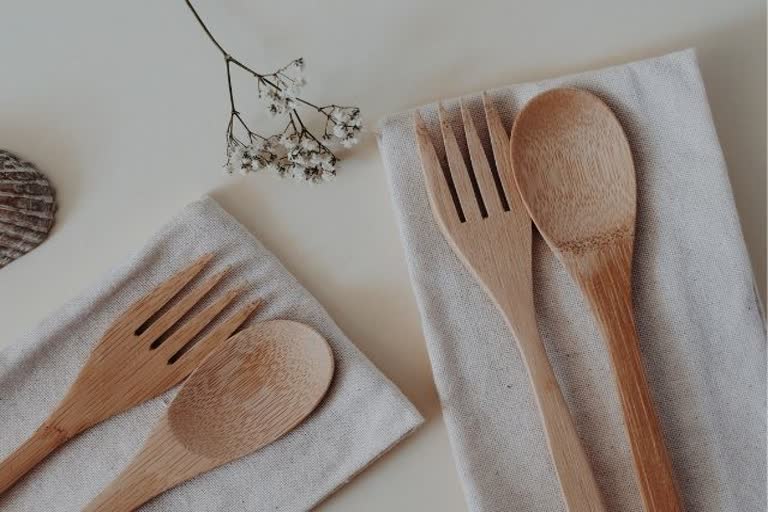Living sustainably helps meeting our needs without impacting the planet or compromising the ability of future generations to meet their needs. Here, we will explore some easy and practical ways to get you started living more sustainably:
Choose reusable alternatives
Single-use products, particularly plastic ones cause harm to wildlife and the environment. We can prevent this by choosing reusable alternatives. Start small by using cloth bags to buy vegetables, reusable kitchen towels, compostable garbage bags, reusable coffee cups and cloth instead of tissues. They not only help you save the environment but also money. Reduce your waste This is another big step on the journey of adopting a more sustainable lifestyle. From food waste to plastic, what we throw away is a waste of resources, materials, money and time. While going zero waste suddenly is a task, taking small steps to reduce waste is quite easy. Recycle when you can and take advantage of reusable containers to start with. Opt for rechargeable batteries, reusable water bottles and shopping bags. Grow your own produce Grow your own fruits and vegetables By growing fruits and vegetables in balconies and gardens, you can ensure that you are not using pesticides that contribute to water and air pollution. You do not need acres of land, just a few square feet in a window box, corridor or corner of your yard can provide enough space to grow vegetables, fruits and edible herbs. This will also help reduce the use of plastic sheets and bags to sell and wrap food hence, saving waste to the environment Use environment-friendly products An important step towards living sustainably is committing to using green products such as bamboo toothbrushes and recycled cutlery every day. Choose to buy from local farmer markets and eco-friendly stores. When buying a new washing machine or refrigerator, look for the label to find the most efficient appliances. Choose personal hygiene products wisely Many personal care products such as toothpaste, face scrub and body wash may contain microbeads, which are small bits of solid plastic. These bits are non-biodegradable and make their way into water bodies, ultimately damaging the environment by entering the food chain. Make sure that your personal hygiene products do not contain microbeads by checking the ingredients before buying.Taking these simple steps and adopting an eco-friendly lifestyle for yourself and your family is not only hugely important for the planet, but it can also save on household bills. So, choose wisely, choose green. 